How Long to Nap for the Biggest Brain Benefits
From Lifehacker
Taking a nap, we've seen time and again, is like rebooting your brain. But napping may be as much of an art as it is a science. Experts offer recommendations for planning your perfect nap, including how long to nap and when.


